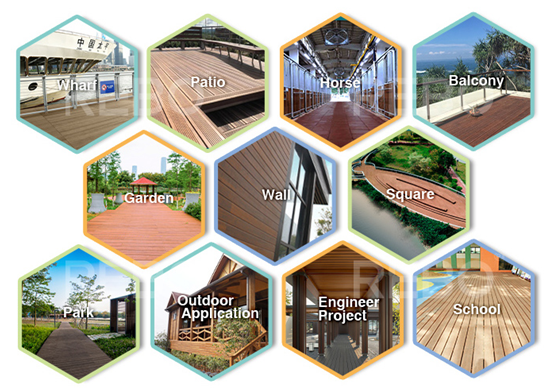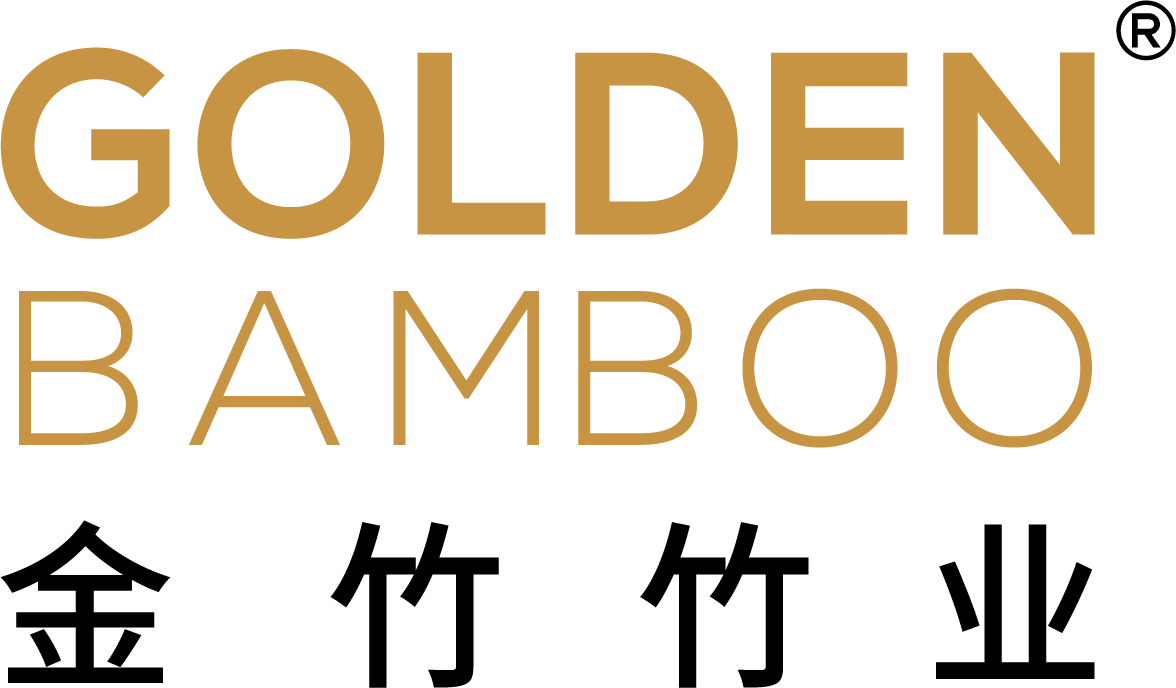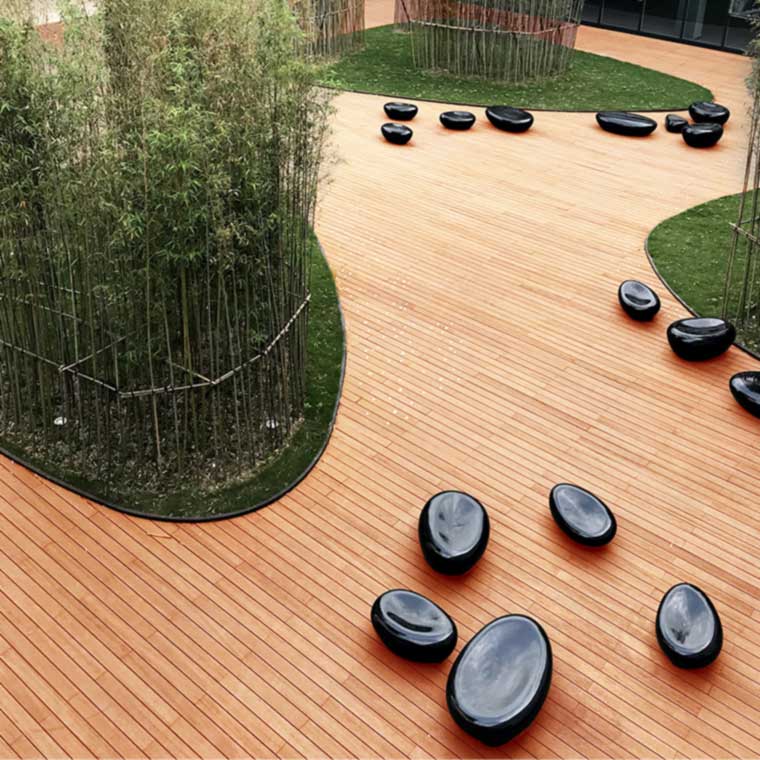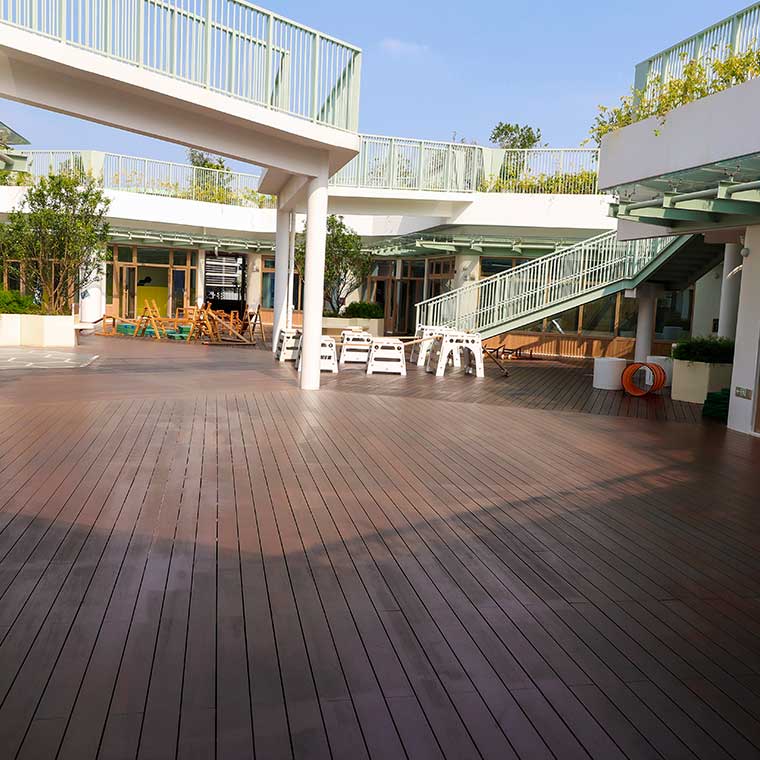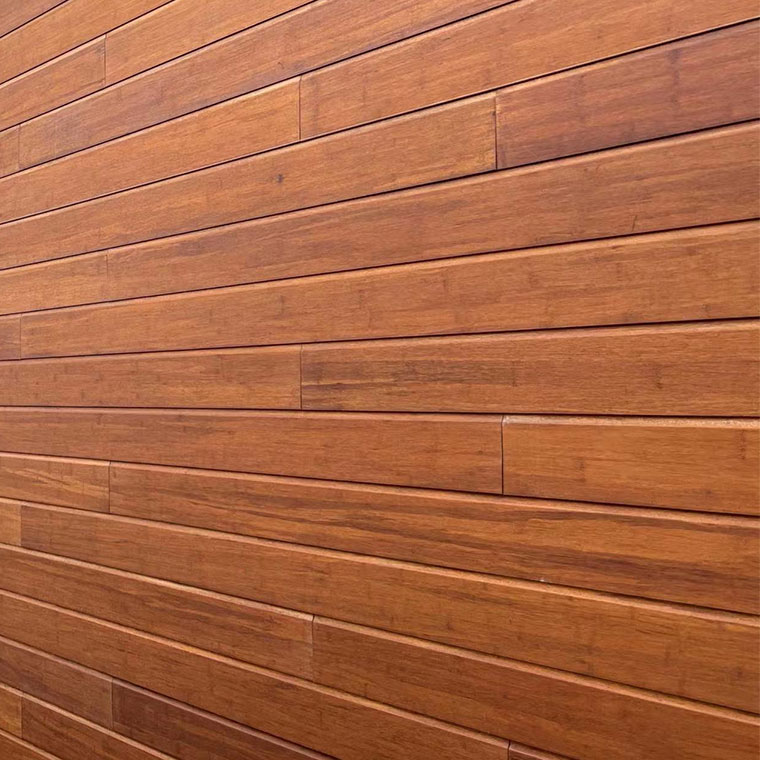Bamboo flooring and other bamboo products have been gaining momentum as an environmentally renewable resource for floors. There are several reasons why it has. Bamboo is not actually a wood, but a grass.
As such, bamboo’s rapid growth and its ability to regrow from harvested roots make it very appealing to those who are conscious of forest depletion through excessive cutting. Its dense composition is also very appealing, as bamboo can withstand high traffic and remain strong and beautiful. For the flooring industry, bamboo has created a whole new set of factors to be aware of when using bamboo products.
The most important factor is that bamboo does not have a uniform density, and this can create problems when attempting to set a moisture meter to correctly read the moisture in bamboo. Bamboo flooring's hardness (and its capacity to hold moisture) and density can vary significantly according to the species used, the growth region of that species, its maturity when harvested, the directional grain, and the manufacturing process of the flooring.
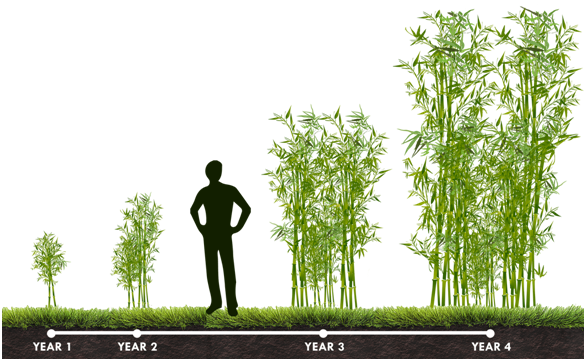
Strand woven bamboo flooring
Strand woven bamboo flooring is made of natural bamboo fibers, through 2700 tons of hot pressing and carbonized process to alter hardness, dimensional stability, and durability. It is much harder than bamboo floorboards that run with vertical or horizontal grain. And a horizontal grain is even softer than a vertical grain.
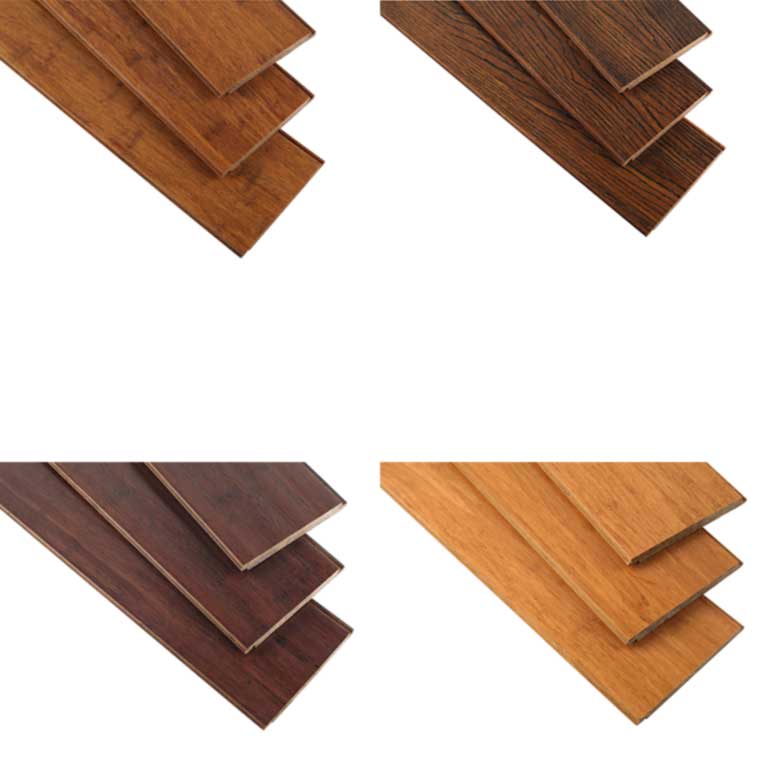
Engineered bamboo flooring
Engineered bamboo flooring can be solid throughout, or can be a bamboo layer attached to a (typically) pine base. Bamboo flooring is comprised of many layers glued together either vertically or horizontally to give a variety of looks and textures to the finished product. But if the layers used vary from each other, different moisture conditions can also exist within the same floorboard or bundle of boards.
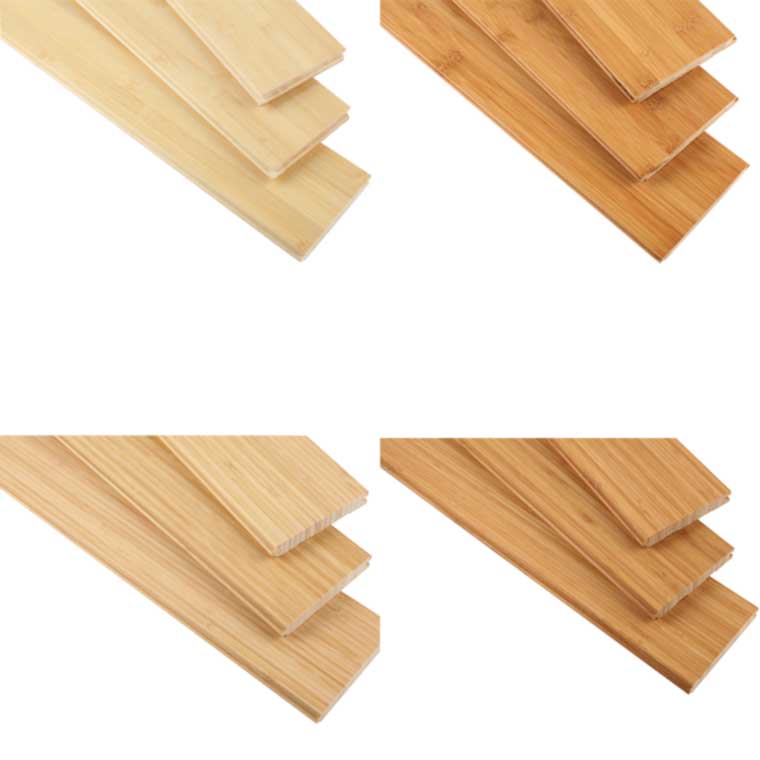
Accurate moisture testing during acclimation and before installation is crucial. Because bamboo has a lower expansion rate than many hardwoods, it seems to be ideal for any type of climate.
While there are some suggestions that some commercial-grade finishes are stronger than job-site finishes, even the best finish can be ruined by excessive moisture. Testing the subfloor for moisture conditions is just as important as any other wood floor.
In spite of what is being learned about bamboo products in the wood industry, as with wood flooring, it is clear that accurate moisture testing is still as crucial as ever. Even as dense as it can be, but installed and finishing correctly is very important too.
It pays to be knowledgeable about the inherent strengths and weaknesses of bamboo and to research the manufacturers as thoroughly as possible. And then it pays to install it with the same care you would any hardwood floor.
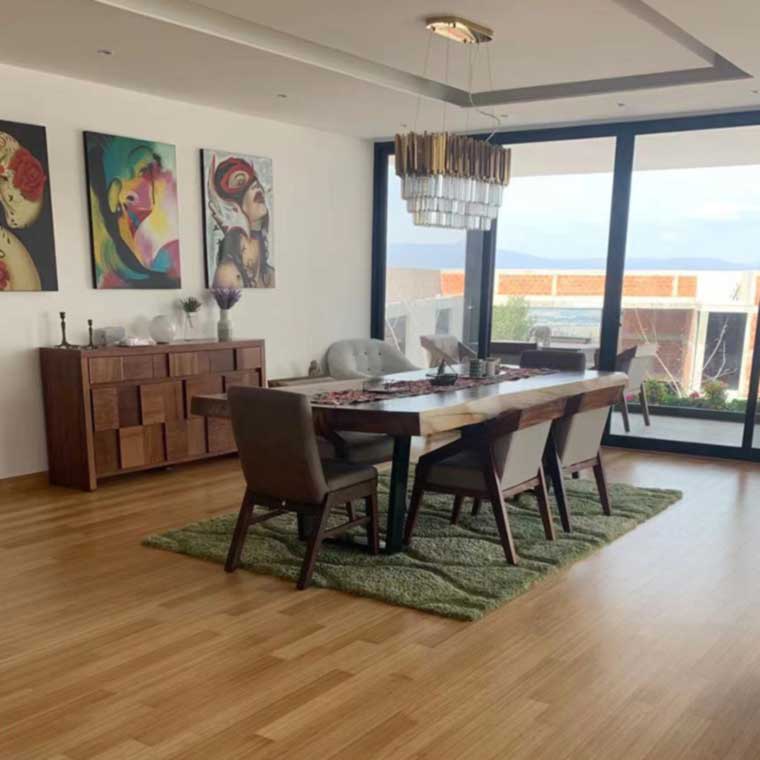
Besides interior flooring, we do provide outdoor products also, the products include bamboo decking/wall cladding /ceiling /grilling /customized planks /horse stable panels,s and so on.
As a green building material, bamboo has become one of the favorite materials for building environmental protection.REBO has more than 10 years of hot pressing technology, fast lead time, and quality warranty, Small MOQ and customized sizes are available.
REBO, your expert custom bamboo products manufacturer, to learn more about the best option of decoration material for the perfect living space. Contact us to get started on your new construction project.
